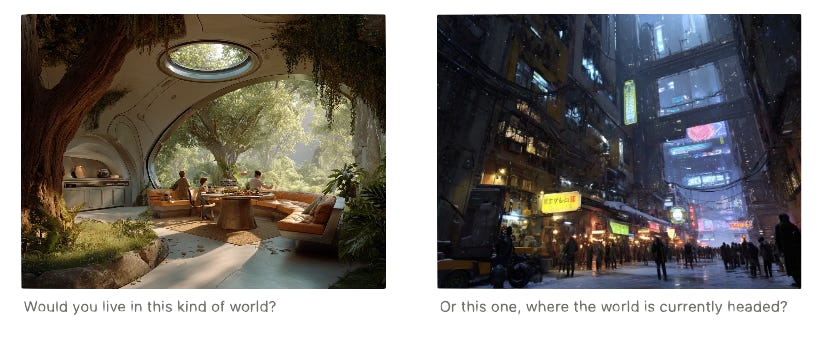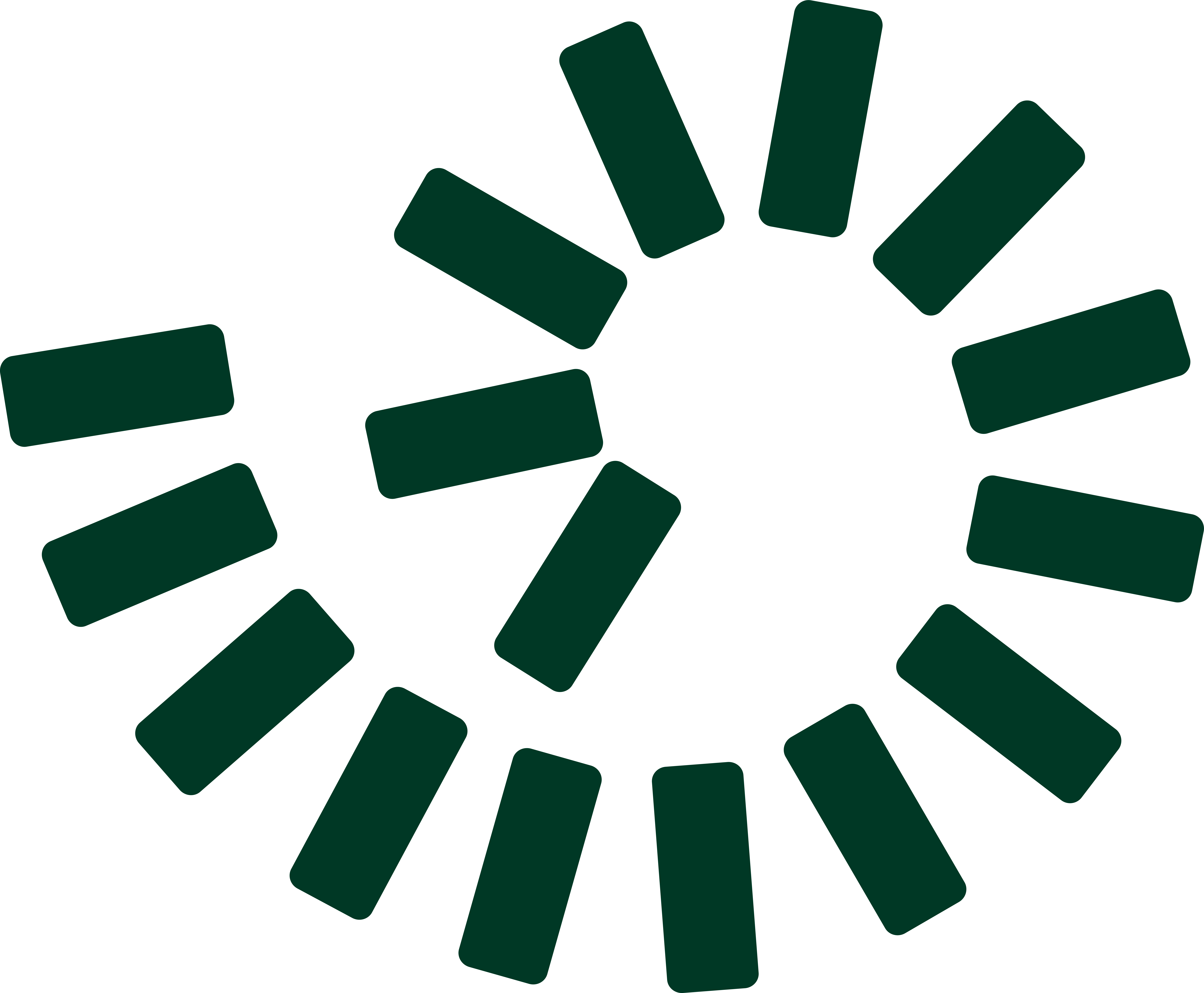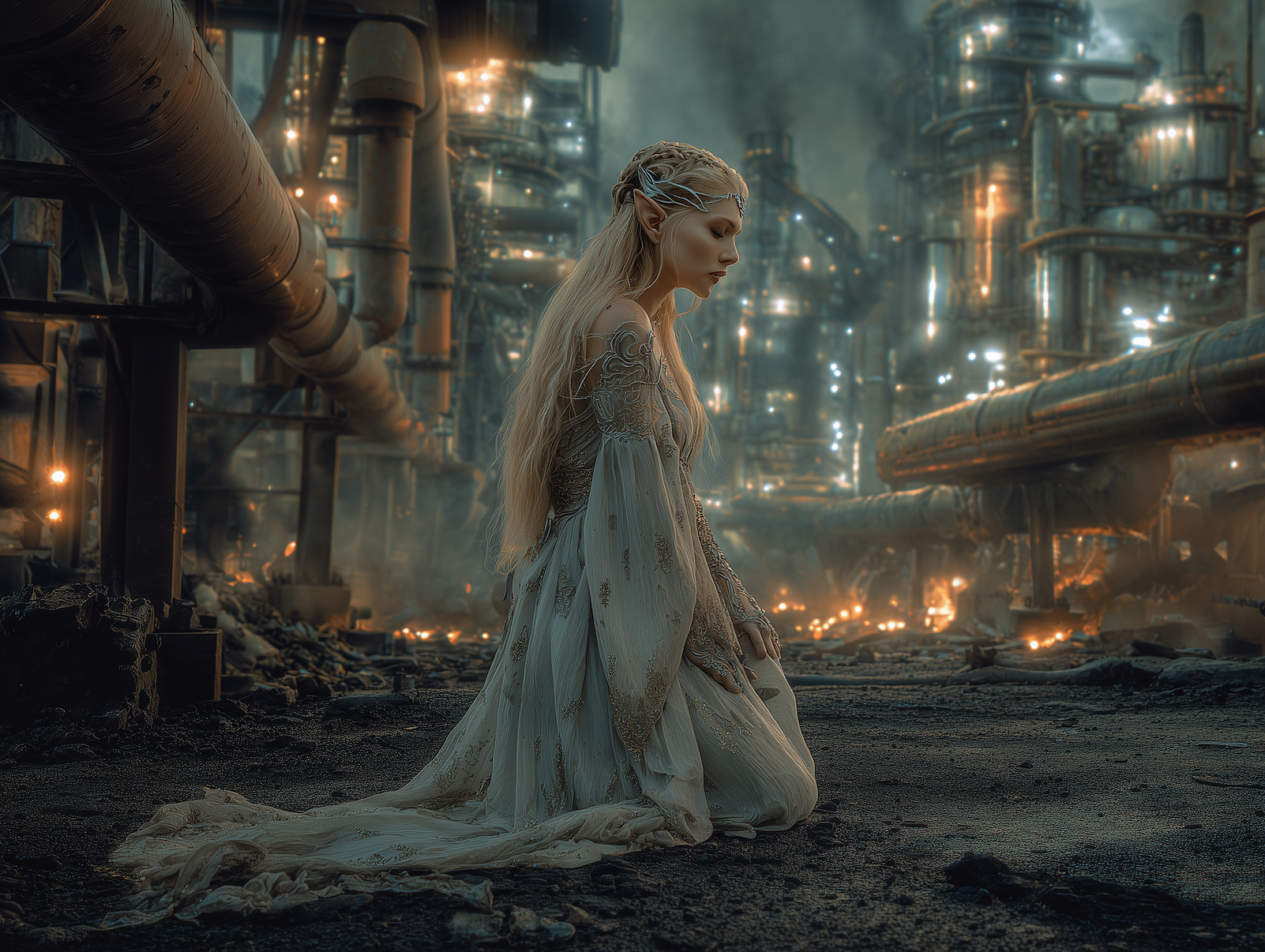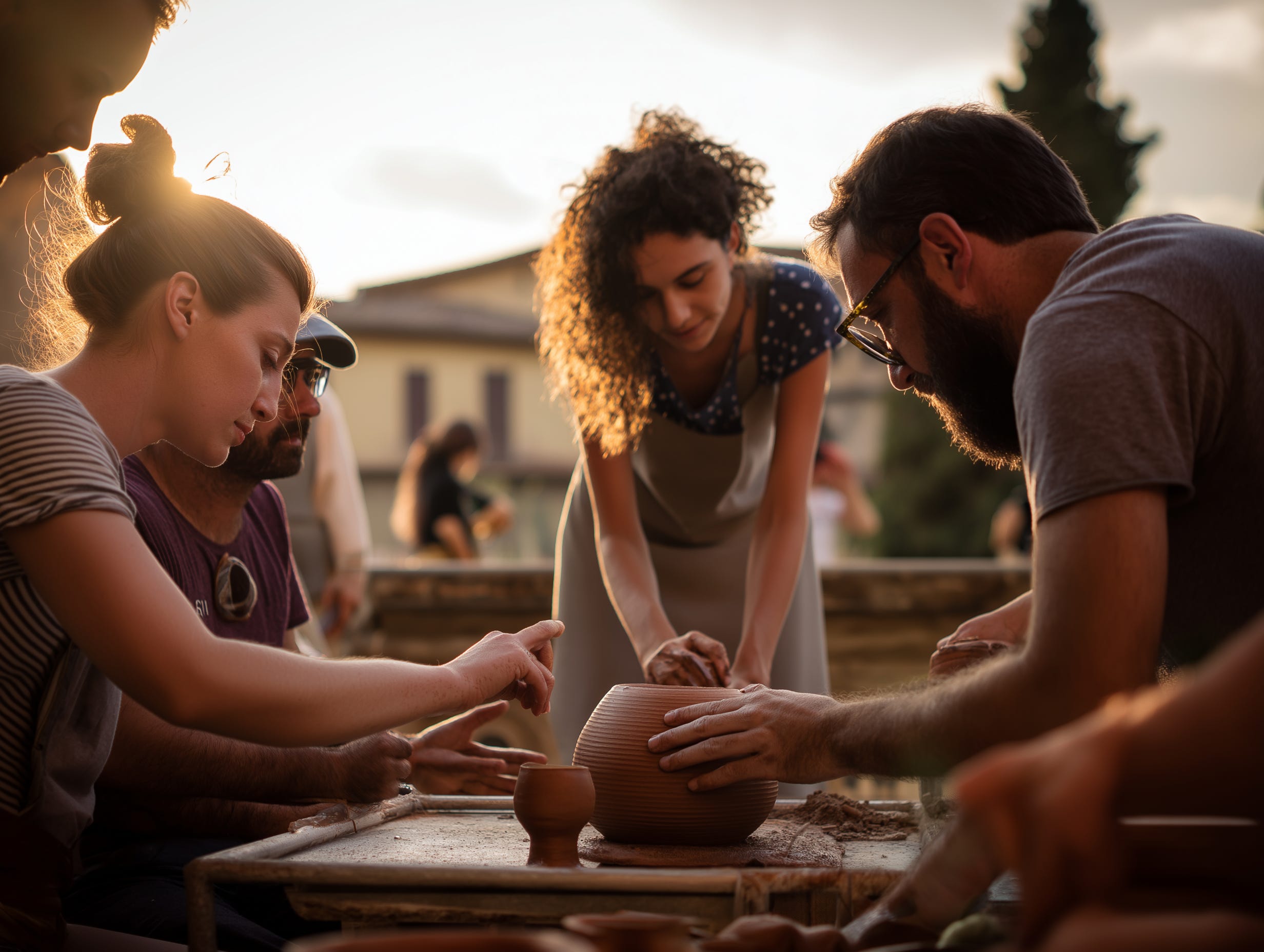Would you prefer to live like elves from Tolkien's enchanted forests, with their harmonious relationship to nature and sustainable lifestyles, or in the oppressive, class-divided, and environmentally devastated worlds depicted in contemporary dystopian narratives like Red Rising or The Hunger Games? This question is not merely hypothetical but increasingly relevant as we navigate technological advancement and social evolution.
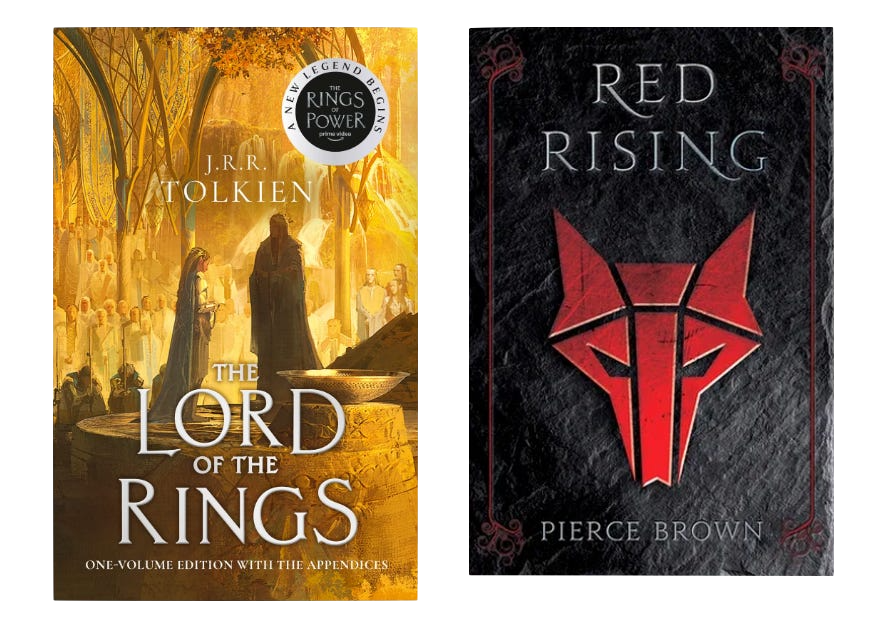
I absolutely love fantasy and sci-fi, everything from the dragon riders of Eragon and the magical world of the Harry Potter saga to the neon-lit, corporate-dominated dystopian worlds of Blade Runner and beyond. My latest literary journey has been through Pierce Brown's captivating Red Rising saga, which has prompted deep reflection on humanity's trajectory and potential future states. Set approximately 500-800 years in our future, it paints a technologically advanced but morally bankrupt world I sincerely hope our descendants never have to experience or inhabit.
Red Rising portrays a future where humanity has successfully colonized the solar system but sacrificed its soul and essential humanity in the process. Society is stratified into a rigid, color-coded caste system, with each group genetically engineered and conditioned for specific functions within a hierarchical structure. The beautiful, brilliant, and brutally efficient Golds rule from the top with seemingly divine authority, while the exploited Reds toil beneath Mars' surface in dangerous mining operations, believing they're sacrificing for a better future for all mankind—when in reality, they're merely enslaved in a dehumanizing system designed to maintain power imbalances and resource control in perpetuity.
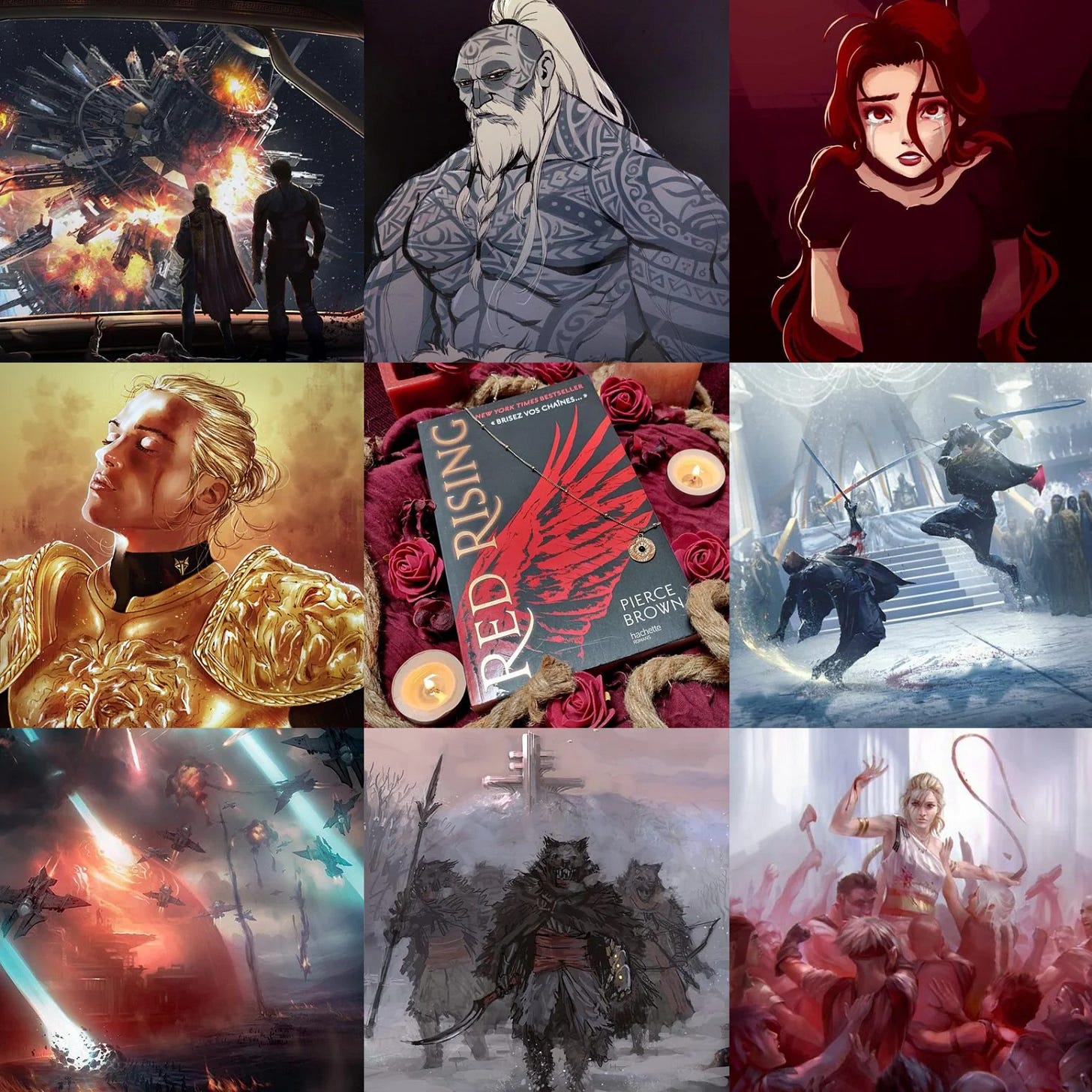
As I work on building the brand identity and philosophical foundations of Originate Institute, our team discussions about the next century have crystallized my vision for humanity's future- one dramatically different from Brown's portrayal. These conversations have led me to contemplate not just what technological innovations might emerge, but more importantly, what values and social structures should guide their implementation and integration into our lives.
For me, Red Rising isn't merely captivating fiction or entertaining escapism; it's a profound warning about potential futures we must actively work to avoid. In our contemporary world, increasingly fixated on optimization, efficiency, control, and rigid social hierarchy, the saga powerfully exposes the dangers of losing what makes us fundamentally human: our beautiful imperfections, our creative unpredictability, our interdependence, and our essential connection to our roots and natural environment.
When we engineer people to fit predetermined roles rather than nurturing their wholeness and honoring their inherent dignity, we create a society where power operates without empathy or moral constraints, and innovation becomes a weapon of oppression rather than a humanizing force for collective flourishing.
The Psychology Behind Our Love of Dystopian Fiction and What It Reveals About Our Hopes and Fears
Upon deeper reflection, I've realized we're drawn to dystopian narratives primarily because of the heroes who rise against seemingly insurmountable oppressive systems and structures. We champion these underdogs because they embody our collective hope that someone will eventually emerge from the darkness to challenge corrupt power structures and create a better future for humanity. Their journeys of awakening and resistance mirror our own desires to overcome the limitations and injustices we perceive in our current social arrangements.
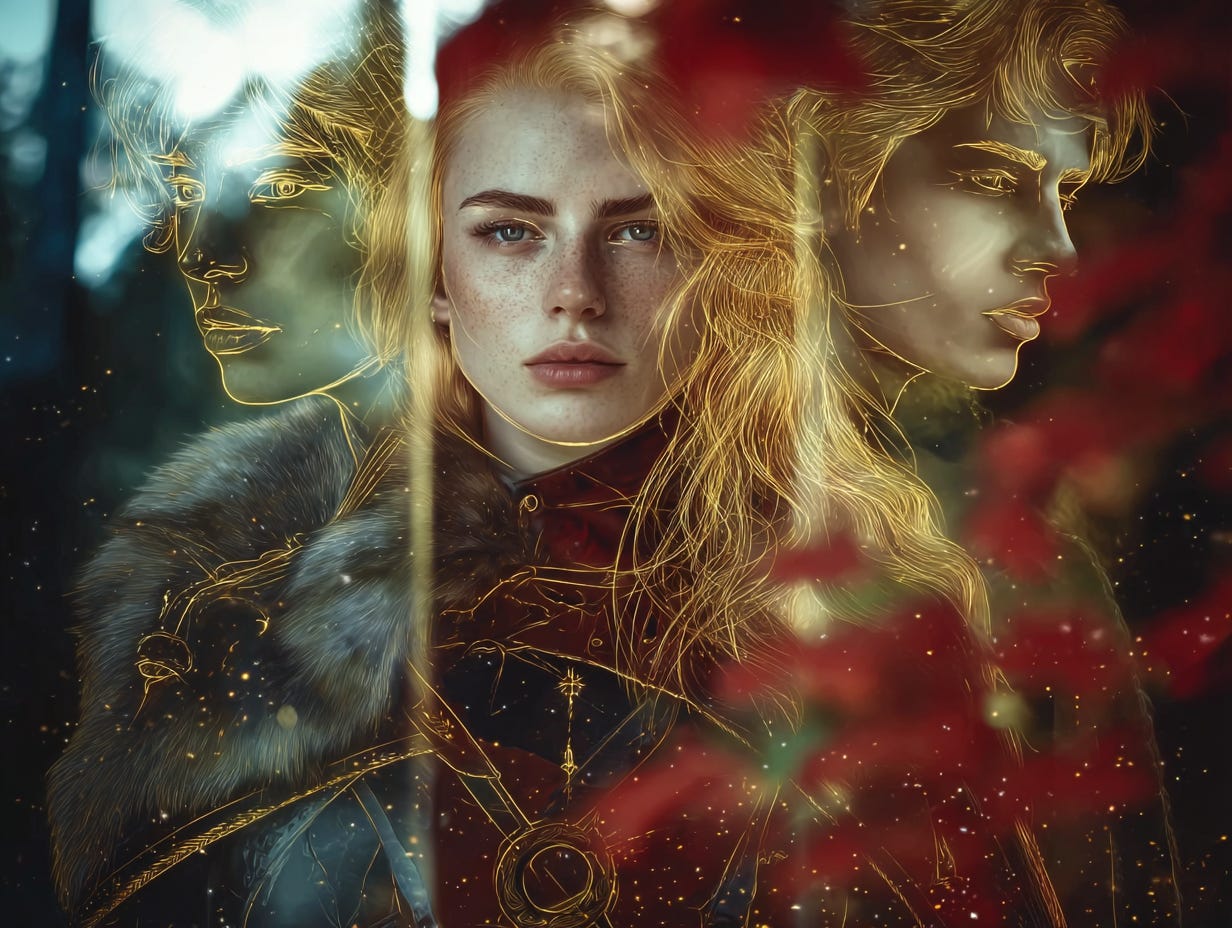
However, this mindset, while emotionally satisfying, ultimately creates a passive stance toward our shared future. Rather than waiting for fictional or real-world saviors to rescue us from problematic trajectories, what we truly need to celebrate and actively promote is the collective creativity and agency of those working today (including ourselves) to forge a different path for humanity. The future isn't something that simply happens to us through forces beyond our control, it's something we actively create through our choices, values, and actions in the present moment. Every decision we make, technology we develop, and system we design carries within it implicit visions of what human life should be.
Returning to Our Origins: The Elven Model of Sustainable Harmony and Creative Flourishing
When envisioning an optimal future for our species and planet, I find myself repeatedly drawn to the concept of returning to our origins- not in a regressive sense, but through reclaiming timeless wisdom while integrating technological advancement. The fantasy sagas that have captured our collective imagination often celebrate a return to fundamental human values and ecological balance, even when portrayed through non-human races who serve as mirrors for our own potential. These narratives suggest that advancement need not come at the cost of our humanity or our planet.
Consider Tolkien's elves: they live harmoniously with nature without exploiting or dominating it, exist in abundance rather than manufactured scarcity, and build a society where each individual's unique strengths, talents, and creativity are valued and cultivated for the benefit of all. Their communities are founded on wisdom, consciousness, intergenerational learning, and kindness- principles that transcend their fictional status and offer genuine guidance for our own societal development and restructuring. They demonstrate that technological sophistication can coexist with ecological respect and social cohesion.
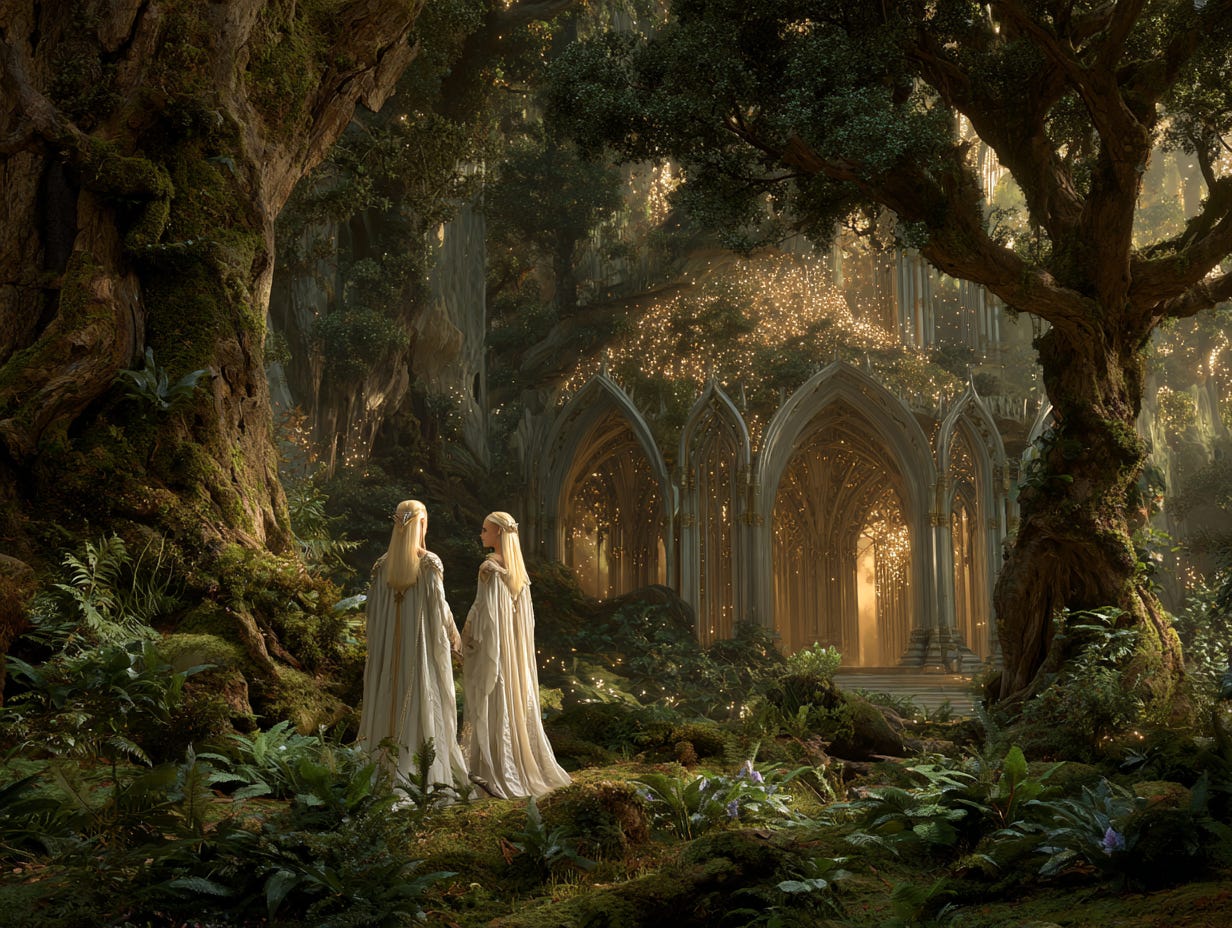
This is precisely the world I envision for future generations, one where our technological prowess enhances rather than diminishes our connection to nature and each other. Antoni Gaudí demonstrated this possibility through his revolutionary, nature-inspired architectural marvels that reject rigid industrial forms in favor of organic, flowing designs. The breathtaking interiors of Sagrada Familia or Casa Batlló could easily be mistaken for elven dwellings rather than human structures- they represent a harmonious integration of natural principles and human creativity that points toward alternative development pathways beyond sterile efficiency.
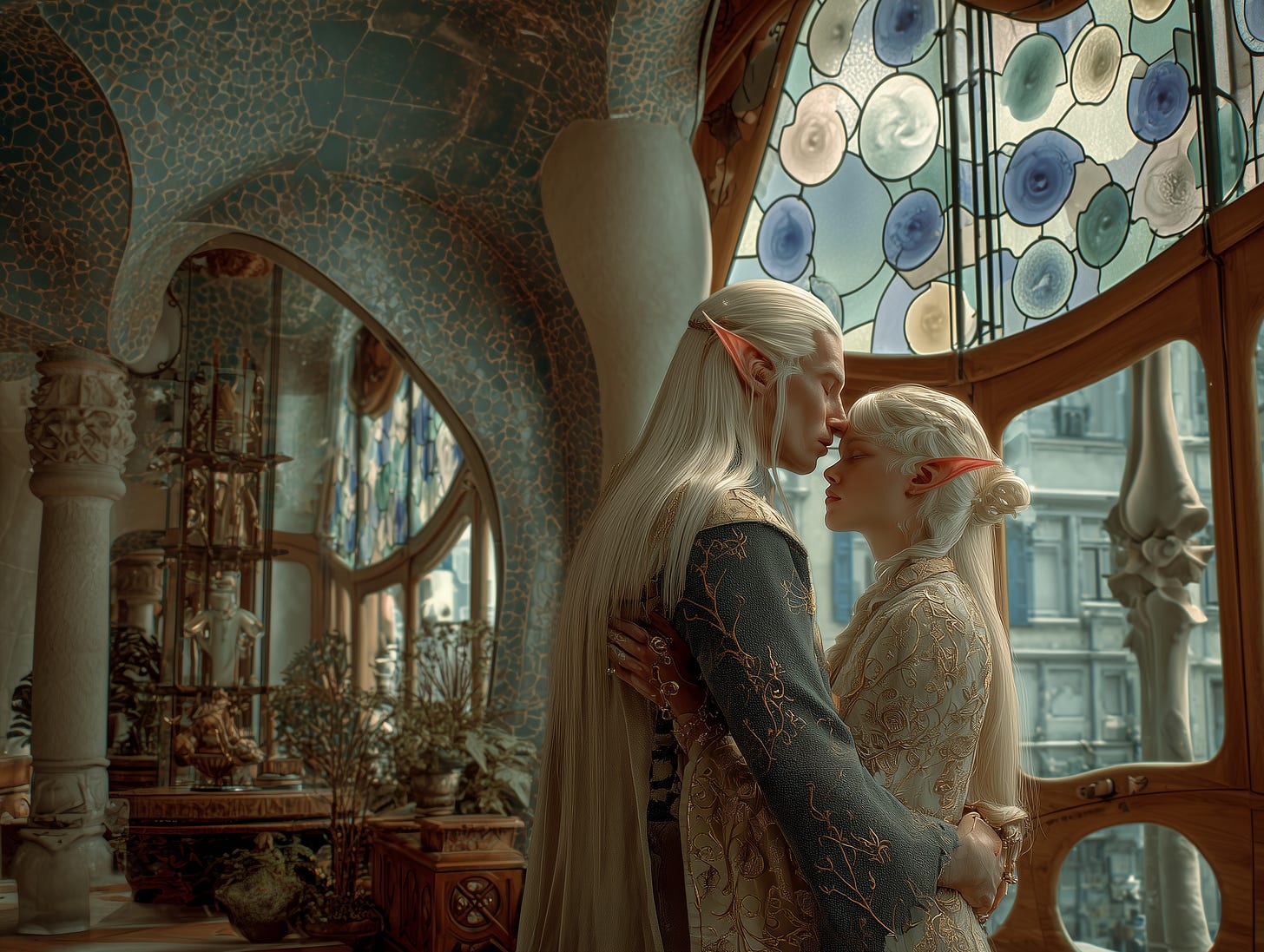
Our Responsibility to Shape Tomorrow: From Passive Consumers to Active Creators of Our Collective Future
My mission through Originate Institute is to inspire designers, architects, technologists, and citizens from all walks of life to strive for such a world, not as a distant utopian fantasy, but as an achievable reality through intentional design and value-centered innovation. We can be the pioneers working toward a more compassionate, thoughtful, and conscious society- one that harnesses technology for human liberation and flourishing rather than subjugation and control. This requires questioning the values embedded in our current systems and deliberately designing alternatives that center human dignity, ecological sustainability, and collective wellbeing.
What these fantasy and sci-fi narratives ultimately reveal is that we have a profound choice before us- a crossroads with divergent paths toward radically different futures. The stories we tell aren't merely escapist entertainment but reflections of our deepest hopes, fears, and possibilities. They ask us to consider what kind of world we want to live in and what legacy we wish to leave for our children and future generations. The divergent paths illustrated in these stories aren't merely fictional constructs or inevitable deterministic outcomes; they're potential realities whose emergence depends on the collective decisions, values, and actions we embrace today. Each of us, through our work, consumption patterns, and civic engagement, casts a vote for the kind of future we wish to create.
